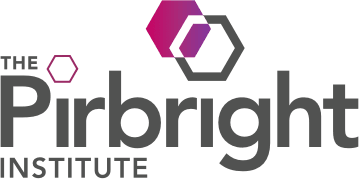A direct comparison of strategies for combinatorial RNA interference
Background: Combinatorial RNA interference (co-RNAi) is a valuable tool for highly effective gene suppression of single and multiple-genes targets, and can be used to prevent the escape of mutation-prone transcripts. There are currently three main approaches used to achieve co-RNAi in animal cells; multiple promoter/shRNA cassettes, long hairpin RNAs (lhRNA) and miRNA-embedded shRNAs, however, the relative effectiveness of each is not known. The current study directly compares the ability of each co-RNAi method to deliver pre-validated siRNA molecules to the same gene targets. Results: Double-shRNA expression vectors were generated for each co-RNAi platform and their ability to suppress both single and double-gene reporter targets were compared. The most reliable and effective gene silencing was achieved from the multiple promoter/shRNA approach, as this method induced additive suppression of single-gene targets and equally effective knockdown of double-gene targets. Although both lhRNA and microRNA-embedded strategies provided efficient gene knockdown, suppression levels were inconsistent and activity varied greatly for different siRNAs tested. Furthermore, it appeared that not only the position of siRNAs within these multi-shRNA constructs impacted upon silencing activity, but also local properties of each individual molecule. In addition, it was also found that the insertion of up to five promoter/shRNA cassettes into a single construct did not negatively affect the efficacy of each individual shRNA. Conclusions: By directly comparing the ability of shRNAs delivered from different co-RNA platforms to initiate knockdown of the same gene targets, we found that multiple U6/shRNA cassettes offered the most reliable and predictable suppression of both single and multiple-gene targets. These results highlight some important strengths and pitfalls of the currently used methods for multiple shRNA delivery, and provide valuable insights for the design and application of reliable co-RNAi
